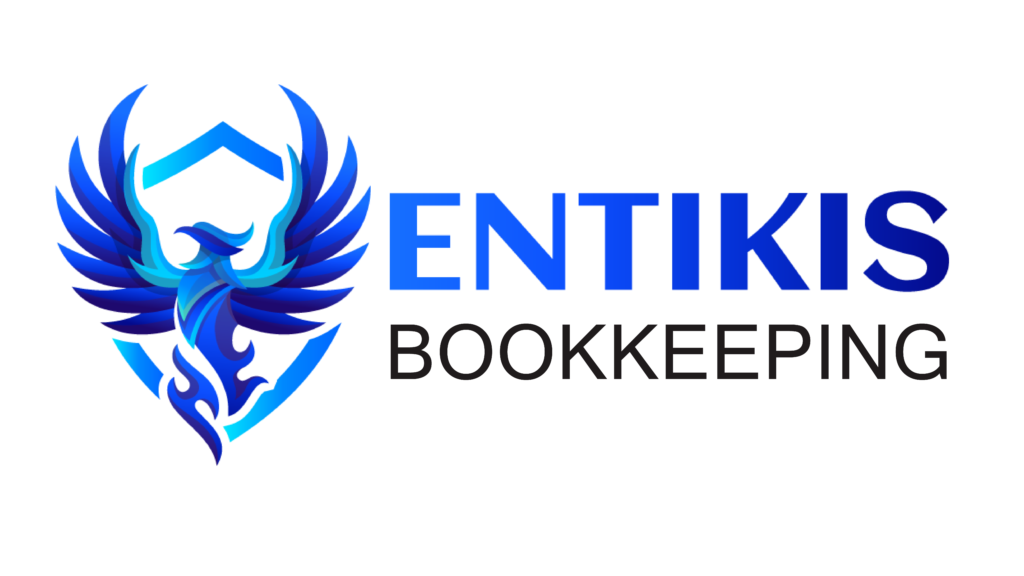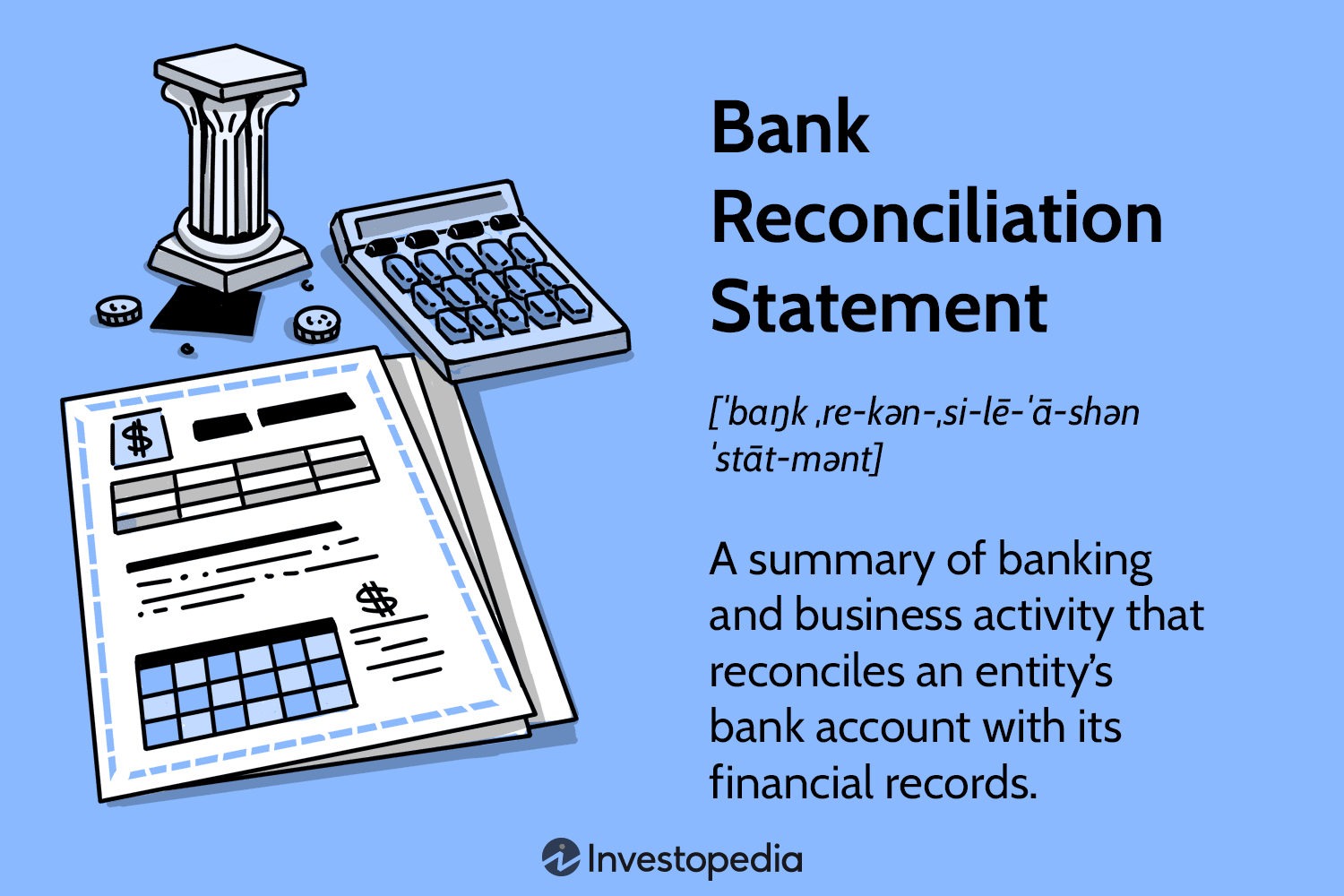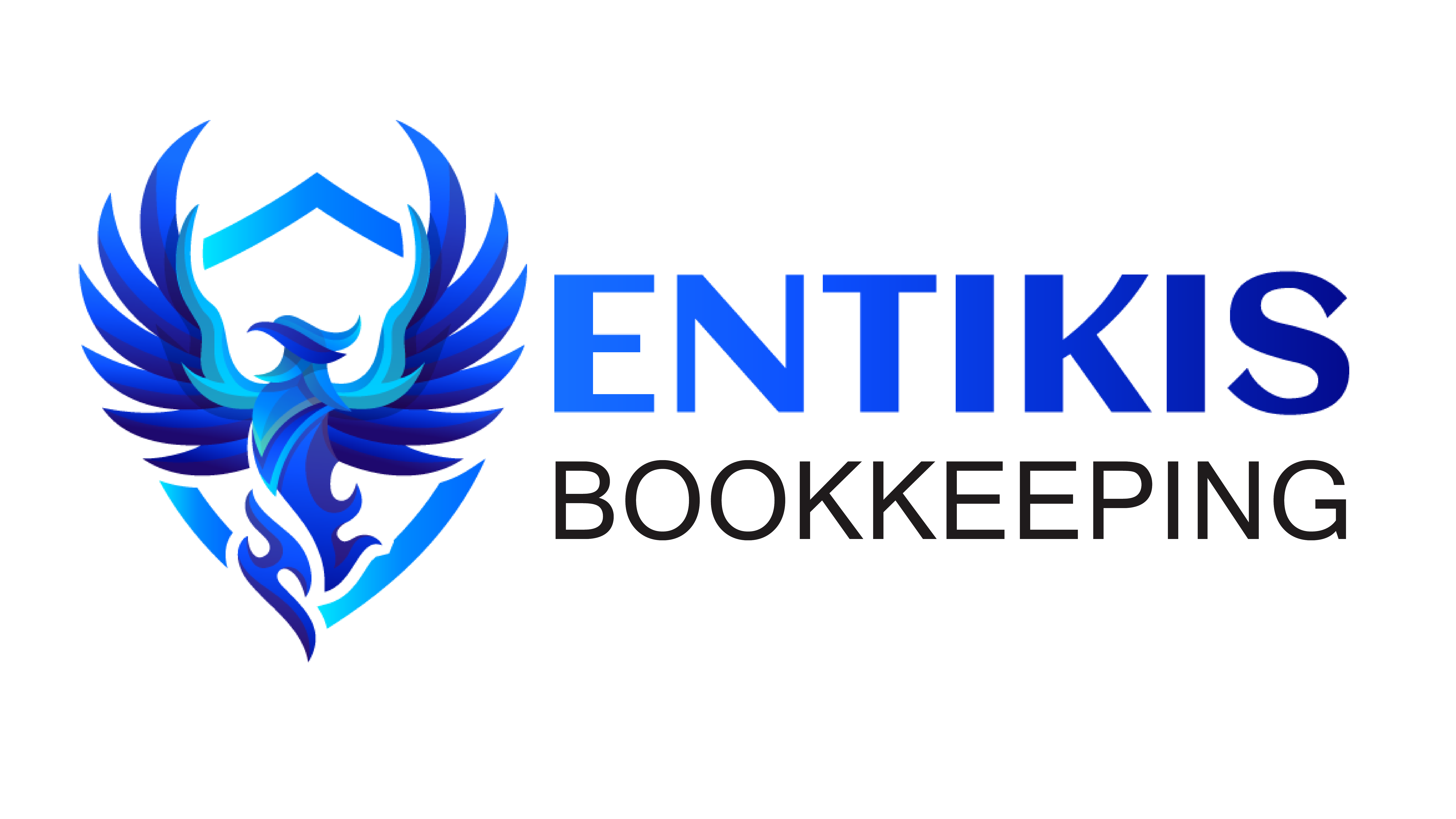Bookkeeping isn’t just about recording transactions—it’s about ensuring the accuracy and integrity of your financial data. A cornerstone of effective bookkeeping is regularly reconciling your bank statements. This process compares the transactions in your accounting system with those listed by the bank, helping businesses of all sizes maintain clean, trustworthy records. In this article, we’ll break down why regular bank reconciliation is critical and share best practices to make it part of your routine.
Why Reconciling Bank Statements Matters
1. Ensure Accuracy and Integrity
Regular reconciliation helps maintain accurate financial records. It identifies timing differences, bank errors, or unauthorized transactions that may cause discrepancies. Resolving these quickly ensures your books truly reflect your company’s financial position.
2. Detect Errors and Fraud Early
Unusual withdrawals, duplicate transactions, or unauthorized charges often surface during reconciliation. This makes it a powerful tool for catching fraud or mistakes early—before they spiral into costly issues.
3. Improve Cash Flow Management
Understanding your actual cash position—what’s cleared, what’s pending—enables better decision-making. Whether it’s managing payroll, scheduling payments, or planning for expenses, accurate reconciliation helps you stay on top of your cash flow.
4. Stay Compliant with Financial Reporting
For tax preparation, audits, and financial reports, accurate and reconciled records are essential. Regular reconciliation supports professional communication and shows that your business operates transparently and responsibly—something regulators and stakeholders appreciate.
5. Spot Bank Errors and Unnecessary Fees
Yes, banks can make mistakes too. From accidental duplicate charges to surprise fees, reconciliation allows you to catch these issues and address them promptly before they affect your bottom line.
Best Practices for Reconciling Bank Statements
Set a Regular Schedule
Monthly reconciliation is a standard best practice. A consistent schedule ensures discrepancies are caught quickly and the books stay clean year-round.
Keep Thorough Records
Track all financial transactions in detail—checks, deposits, transfers, and fees. Accurate categorization in your accounting system makes the reconciliation process smoother and more efficient.
Use Accounting Software Tools
Leverage software like QuickBooks Online or Xero, which offer built-in reconciliation features. These tools can automate much of the process, reducing manual errors and saving time.
Check Details Carefully
Don’t just skim—verify transaction dates, amounts, and descriptions. If something doesn’t match, dig deeper. Quick action helps prevent bigger problems down the road.
Follow Up on Outstanding Items
Monitor uncashed checks, pending deposits, and other unresolved transactions. Reaching out to banks or vendors when needed helps keep your books current.
Document the Process
Keep records of your reconciliation steps, findings, and resolutions. These serve as an audit trail and are helpful during tax time or when financial reviews are needed.
Get a Second Set of Eyes
Having reconciliations reviewed and approved by a supervisor or your bookkeeper adds a layer of accountability and helps ensure accuracy.
Reconciling your bank statements isn’t just a bookkeeping chore—it’s a proactive financial safeguard. It promotes accuracy, exposes fraud or errors, and provides a clear view of your financial health. Regular reconciliation also supports cash flow management and compliance, positioning your business for long-term stability and success.
At Entikis Bookkeeping, we help businesses across Fort Worth, Burleson, and the greater Tarrant County area stay financially sound with professional bookkeeping services, including regular bank reconciliation.
Need Help with Your Reconciliations?
If you’re looking for reliable bookkeeping services in Fort Worth, Texas, contact us today at Admin@Entikis.Com or 817-415-1715.📍 Located at 640 Taylor St Suite, Fort Worth, TX — proudly serving businesses across the Dallas-Fort Worth metroplex.
Let Entikis Bookkeeping give your books the attention they deserve!




